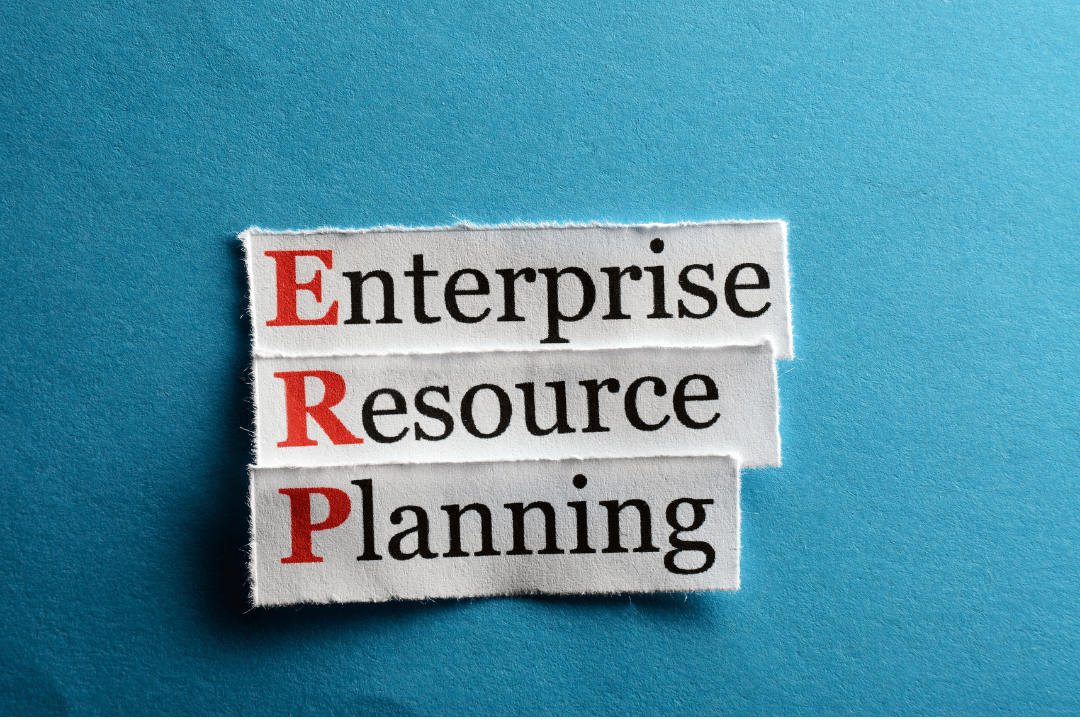Unveiling the Power of ERP
A Comprehensive Introduction to Enterprise Resource Planning

ERP stands for Enterprise Resource Planning. It is a type of business management software that integrates various functions and processes within an organization. ERP systems are designed to streamline and automate core business activities, including finance and accounting, human resources, supply chain management, manufacturing, customer relationship management (CRM), and more.
The main purpose of an ERP system is to provide a centralized and unified platform where different departments and functions can share information and collaborate effectively. It allows for the seamless flow of data and facilitates communication between various departments, enabling organizations to make informed decisions, improve operational efficiency, and achieve better overall productivity.
ERP systems typically consist of a centralized database and a suite of modules or applications that cater to specific business functions. These modules can be customized and configured to meet the specific needs and workflows of an organization. The implementation of an ERP system often involves significant planning, training, and data migration to ensure a smooth transition and adoption across the organization.
Overall, ERP systems play a crucial role in enhancing visibility, efficiency, and coordination across different departments and processes within an organization, leading to improved productivity and better management of resources.
No comments yet. Login to start a new discussion Start a new discussion